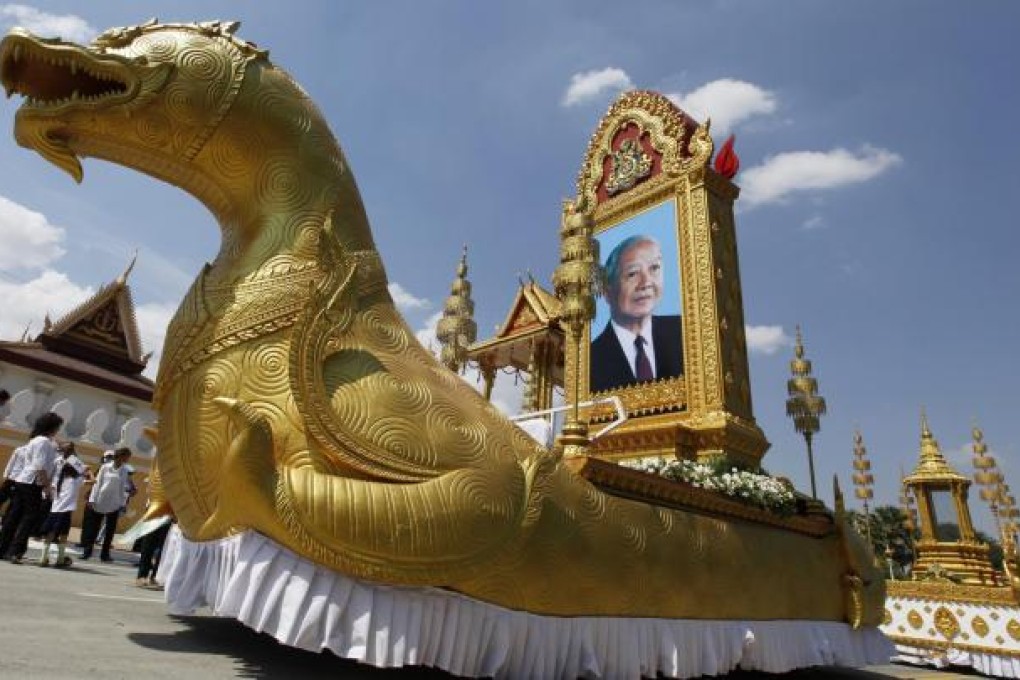Rising grass-roots anger shaking Hun Sen's pedestal
A single mother fighting eviction is the face of a movement fed up with the intimidation and inequality that has sustained 28-year reign

Chray Nhim received just seven days notice telling her that she was to be evicted from her house near Phnom Penh's airport without compensation.
She knew extreme measures were needed if she and her fellow villagers were to avoid the fate of the estimated 10 per cent of residents of the Cambodian capital who have had their homes confiscated in the past 20 years.
The single mother's novel response was to paint a large 'SOS' sign on her roof and cover it with pictures of President Barack Obama, just days before he was due to arrive in Phnom Penh. Twenty-nine of her neighbours did the same. "I heard he was visiting for the Asean meeting, and I thought it could help us find a solution," Chray Nhim, 34, said.
Her protest was one of the most high-profile reactions to the increasingly repressive regime of Cambodia's long-serving Prime Minister Hun Sen and his ruling Cambodian People's Party (CPP).

Now, he and his government are being challenged by the rise of civil society groups. Everyone from farmers and beer girls - the young women who patrol bars promoting breweries - to communities like Chray Nhim's are mobilising into associations.
It is a radical departure for a country still deeply scarred by the genocide inflicted by Pol Pot and his Khmer Rouge revolutionaries in the 1970s.